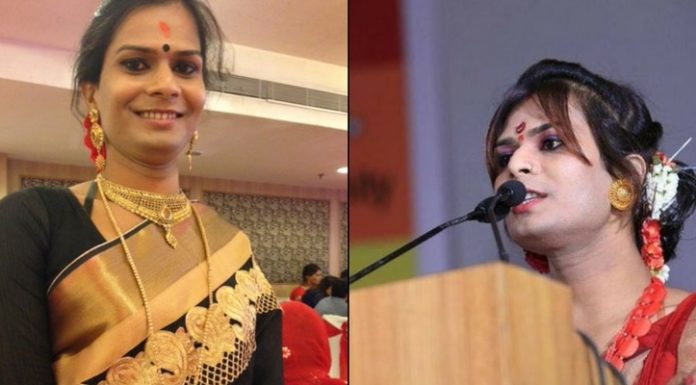When it comes to dealing with money, there ought to be no difference in how it works for men and for women. After all, money itself is gender-neutral. But in fact, men and women tend to think about and treat money quite differently, and while we realize that there will always be exceptions to the rule, there are a few interesting differences that are helpful for understanding how to deal with money.

Confidence
One of the most obvious things that many financial advisors, including myself, have encountered is that men tend to overestimate, while women underestimate, their financial intelligence. There is no solid basis in fact for this. Women, in fact, can be more goal-oriented and with guidance, at least as good at managing their money as men. But externally at least, men tend to project more knowledge of the financial world.
Taking advice
Perhaps a corollary of the above is that women are more open to taking and following financial advice. Unfortunately, while men, when they do seek financial advise, do so from qualified persons, women, either due to lack of access or other reasons, may not be as particular. But financial advisors can find working with women clients to be more satisfying because they are more likely to understand and invest according to a plan.
Goal-orientation vs risk-taking
Women tend to be goal-oriented in their approach. Once they have made their plans for a certain financial goal – such as a retirement fund – their primary concern is to stick to it and accomplish it. Men, on the other hand, are more competitive and can be distracted from a goal by volatility. This has two effects – on one hand, men are more likely to make windfall gains in the short term, but in the long term, women investors are more likely to reach their investment goals.
Budgeting
In india, where women tend to manage the household, there is an instinctive understanding for managing limited amounts of money. However, among urban, working women, there is often less understanding of managing a monthly income and making it last while not compromising on savings, while men are able to do so almost instinctively. This is however a simple matter of discipline, and both sexes need to inculcate it in order to create and stick to, a budget.
Active investing
As stated before, men tend to view investing as a competition, and have a strong Win vs Loss instinct even when it comes to the stock market. As a result, they also tend to track and mess with their portfolio more often than women. Women are more content with ignoring big market movements in favour of maintaining a stable portfolio. While in India, where fewer women are actively involved in investing, data is not forthcoming, in the USA, studies have found that many women investors do better, on average, than men out of investing!
Complex instruments
When it comes to shopping for clothes and jewellery, women tend to go for brighter, shinier items while men tend to go for more sober alternatives. When it comes to investing, however, the tables are turned. Men are drawn towards complex, ‘shiny’ products, with leveraging, involving derivatives and options, and generally being of a sort that no one, including in most cases the salesman involved, understands. Women, on the other hand, are seen to prefer safer avenues, sometimes too safe. Both extremes are bad, of course, and a professional financial advisor should know how to temper the enthusiasm of the man, while encouraging the woman to take a few risks with her portfolio.
The ultimate objective is to maximize our financial assets for a long term goal. Whether you are a woman, a man, a spouse or a financial advisor, understanding these aspects of psychology will help you to take better decisions about your future.































